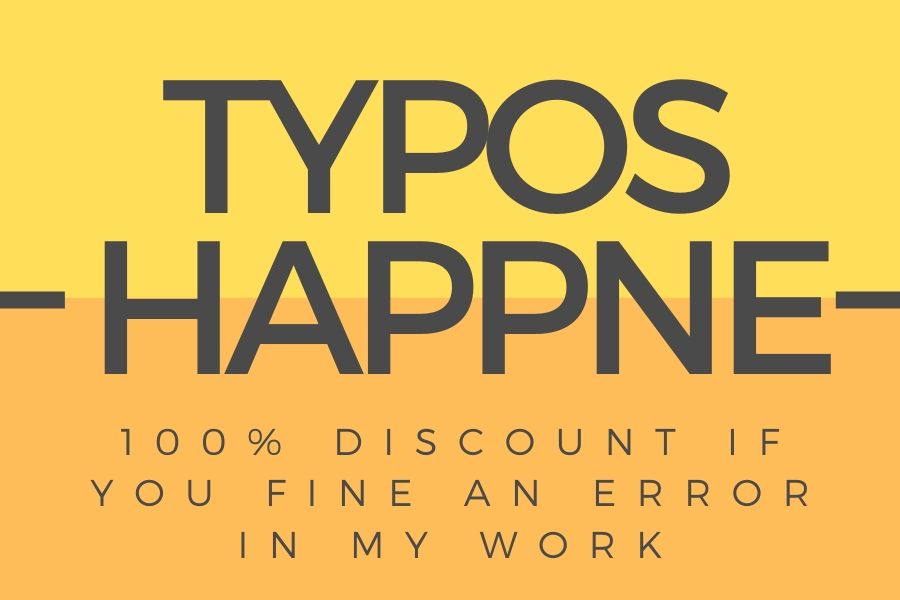One of this blog’s readers recently directed the following question to me: You’ve been a successful writer in several genres. Is that possible for someone starting out today?
I could debate the accuracy of the adjective “successful,” but I’ll let that slip for now. It’s true that I have written and published books in a variety of genres (I was a writer long before becoming an agent and continue to write and publish, thanks to my agent, He-Whose-Name-Must-Be-Whispered). Among my 50+ books are fiction and nonfiction; for children, teens, and adults; devotionals, Christian living, and more. So, my publishing experience has been varied, yes.
But is it possible for someone starting out today?
The short answer is, “Sure.”
The more accurate answer is a bit more complicated.
Let me ask you two quick questions: Who’s your favorite writer? What does he or she write?
See what just happened? Chances are, whoever came to mind, you were able to answer both questions pretty quickly. And pretty narrowly. In other words, your favorite author probably has a brand.
If your first answer was “Stephen King,” your second answer was probably “horror fiction.” If you answered “Max Lucado,” your second answer was something like “inspirational nonfiction.” If “Sarah Young,” then “devotionals.” And so on.
Readers return to the works of those writers over and over again because they deliver quality, over and over again, and mostly in the same kind of books.
That’s the kind of author publishers generally prefer: Someone who is building a brand; who won’t make editors think, I thought she wrote Amish fiction; who won’t surprise, confuse, or disappoint readers by changing horses in the middle of the literary stream.
That’s not to say you can’t write and publish both fiction and nonfiction; I’ve done so, and I have clients who do so. That’s not to say your success in one genre will pigeonhole you forever and prevent you from branching out into another genre. But it does suggest that you might give careful thought to the trajectory of your writing progress and do your best to avoid the impression that you can’t make up your mind or stick to a genre long enough to build a loyal readership. And once you’ve developed a loyal—or, better yet, rabid—readership, then many of them may follow you when you start writing in a different genre.
To return to the original question about “someone starting out today,” I would emphasize that the above comments apply primarily to the writing of books. Writing articles and other shorter forms allow a writer to flex muscles and spread wings on all sorts of topics, scratching the creative itch while staying focused on building a brand as an author. When it comes to strategizing a debut as an author, I recommend careful consideration of where your strengths and passions point and the genre most likely to capitalize on those things (and, importantly, make the long road ahead that much more enjoyable). Focus on getting better and better in that general area, and be alert for any door that may open. Don’t try to do “everything.” Think ahead to the moment in the future when someone will answer the questions “Who’s your favorite writer?” and “What does he or she write?” with your name and your book titles.











